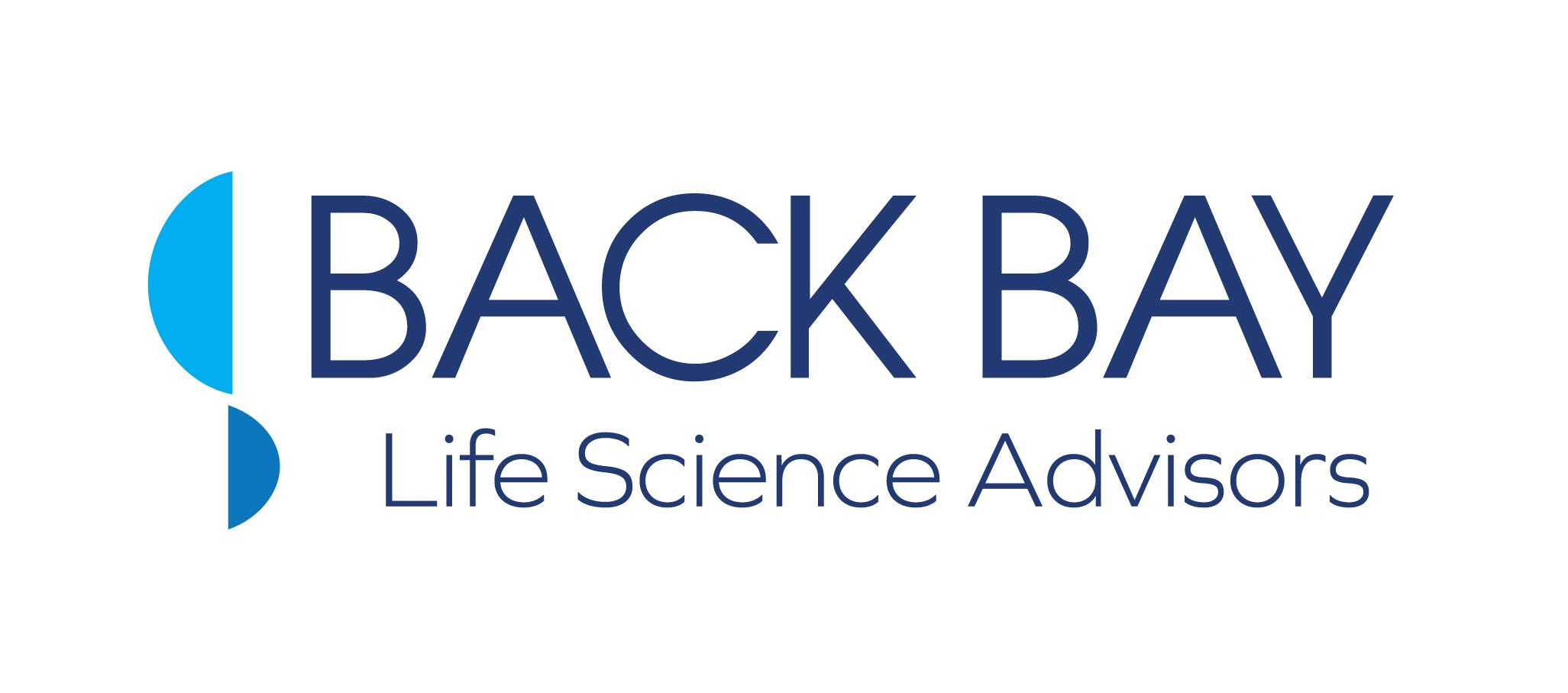Advancing Deals Through Challenging Times
By Greg Benning, Head of Investment Banking
In early March, Back Bay wrote an article suggesting that an intensely challenging period was coming, as indicated by multiple factors and an upswing in market volatility.
CBOE Volatility Index (VIX) 5yr Period Ending May 21, 2020
Source: Google Finance
Since March, we have continued to advise dealmakers, including our clients, to focus on strategies for keeping deal discussions active and moving, including a maintained focus on the agreeable position that clinical need, innovation, data, and provision of care are what matters most in the long-term.
Intrinsic value is realized best when combined with the right development platform, leadership and financing, tactically de-risking and enabling realization of development value. This is the crux of our current transaction discussions.
We stand by these guidelines and recently shared this perspective with Boston CEOs and business-development leaders at a virtual event last week. At the CEO seminar, we prioritized an appreciation of both business-model and personal counterparty circumstances within dealmaking discussions, keeping the momentum going and focusing on resolving key diligence issues and concerns and not forcing decisions with negative background uncertainties.
These observations have been playing out dramatically in life sciences dealmaking and fundraising. After an initial plunge, drug-development stocks in the aggregate have rebounded to pre-COVID-19 price levels. However, this has not been evenly distributed: A majority of stocks in the index are flat to down year to date, but a few have seen explosive price increases in COVID-19-related names, trials, readouts, and acquisitions.
Aside from drug development, the healthcare sector broadly has performed well as a traditionally defensive sector—again with COVID-19-related winners and losers, telehealth and diagnostics versus elective/stay-at-home-impacted products/services, respectively.
A close look at the broader markets suggests that healthcare and tech are making the market seem more resilient to the economic crisis than it truly is—a disconnect that is confusing general reporting.
NASDAQ Biotechnology Index (NBI) 10yr and 5yr Price Chart
Source: Google Finance
Assuming the COVID-19 pandemic will last 6 to 18 months or more, we must collect our thoughts and revisit lessons learned in prior, albeit smaller, shocks and contractions.
While value creation in the life sciences is product development driven, adaptive behavior and conservation of resources/liquidity will be critical. This applies at all levels: the broader economy, specific business models, and individuals/teams. The economic shockwave that started in March will roll through balance sheets and financial institutions throughout the year.
Back Bay continues to have an active and energized deal pipeline covering a range of drug development, and MedTech approaches, from the pre-clinical to the commercial stage and everything in-between. We have several active deals with COVID-19 twists, specifically around alternative IP applicability.
But in life sciences deals, COVID-19 isn’t everything. Investors and partners are keenly interested in advancing other promising medicines and technologies, particularly in pain management. We advise our clients with promising assets not to despair if they do not have a COVID-19 program. We advise them to press ahead. They will still get plenty of deserved attention.
For confirmation, we are seeing some logistical and due diligence concerns popping up in the strange environment of this world health crisis and advise that in the era of COVID-19, deals can derail when:
Point of care is elective – We have seen deals falter, most often when counterparties have revenue tied to patients showing up in a doctor’s office or seeking an elective procedure. In these situations, counterparties have been disrupted. In Boston, we already see sanctions lifting elective procedures and anticipate that this area will pick up again fairly quickly.
Counterparties have internal issues to resolve – For mid- to large-cap pharma and biotech, capital budgeting, and R&D decision-making, as well as what’s occurring with the franchise now, can upend a perfectly good deal. If a deal size is reaching the point of needing additional internal approvals, it may be problematic and slow things down, particularly if the buyer’s stock is going sideways or is now positioned defensively.
Logistics elongate the process – Our development-stage assets are actively progressing with robust due diligence processes, COVID-19 notwithstanding. But we have seen counterparties struggle with the new logistical norms, including concerns around whether the same benefits are seen with remote negotiations, virtual lab visits, and distant conversations with scientists and key opinion leaders. Will the deal proceed as hoped without the nuances and guideposts of body language? Video conferencing helps a great deal here. We also advise our clients to build in extra weeks to remove pressure around hitting bid dates and completing term sheets.
The market is unstable, but healthcare deals continue to be a beacon for both defensive positioning and economic recovery. At Back Bay, it is business as usual with an extra emphasis on maintaining a human, empathetic connection to those across the deal table and being aware of the new deal cadence.
In early March, the crisis started to take shape here in Boston, and we posted our first response piece, noting the importance of remaining cognizant of the dealmaker—the person—across the table, regardless of which side you are on.
We remain appreciative of the many emotional and economic challenges now.
Above all, as we negotiate through deals and ask for priority and focus, we remain committed to engaging people above deal tactics and advancing the products and science that will benefit the patients and systems at risk.
Learn about our recent transactions and connect with our investment banking team



